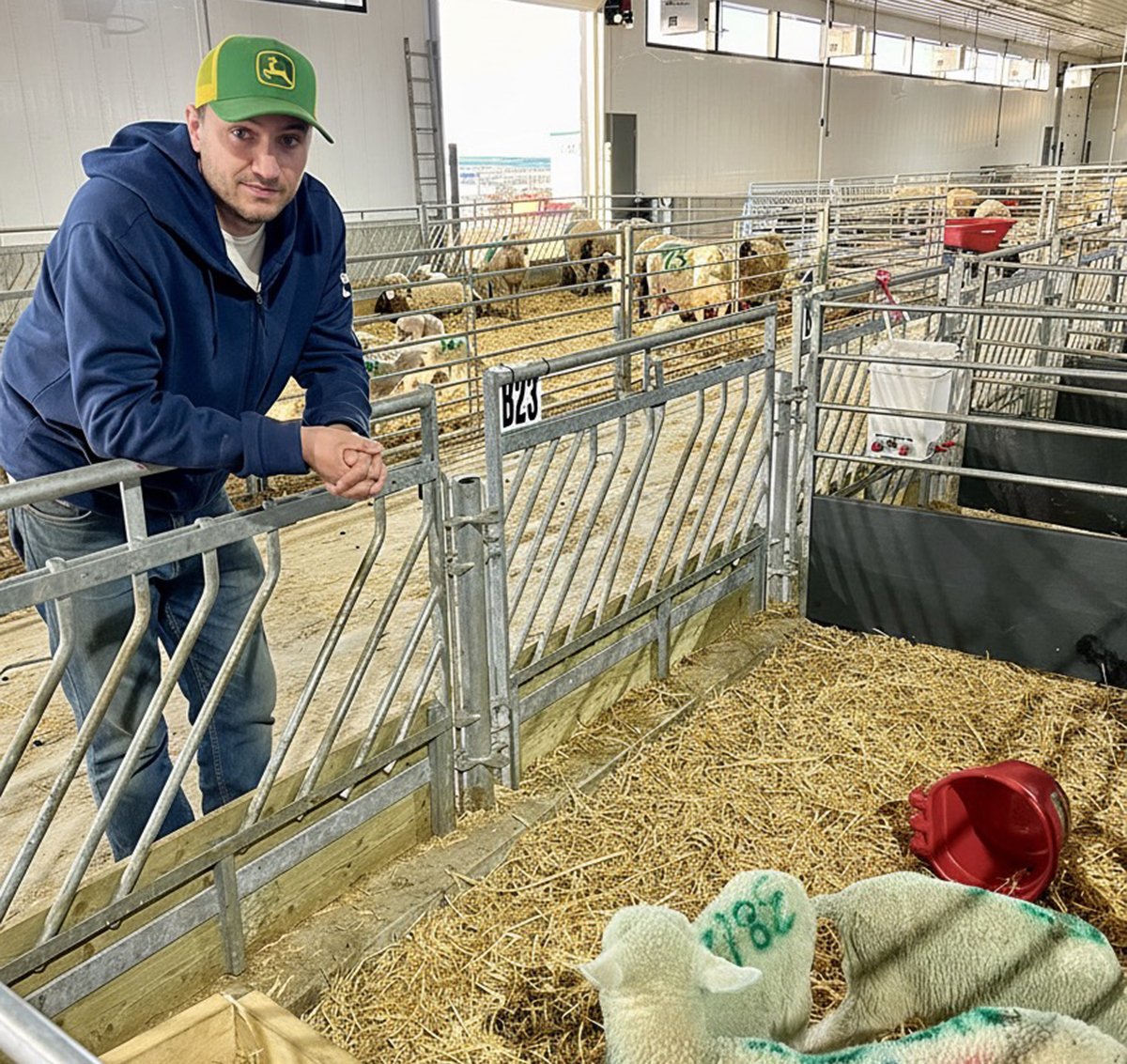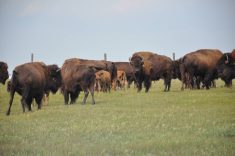RED DEER – Many of the vaccines traditionally given to horses for infectious diseases may not be doing their job, says a University of Saskatchewan equine specialist.
Tremendous progress has been made in human and animal health vaccines, but researcher Hugh Townsend said there are not enough independent field studies to prove whether many common immunization programs work.
“Vaccine safety and efficacy are of primary concern to horse owners and to veterinarians,” said Townsend at a recent horse breeders’ conference in Red Deer.
While the government makes sure medications are safe, Townsend said no agency in North America makes sure they work.
Read Also

Solar, sheep provide valuable farm diversification
Eric Steeves says raising sheep on forages grown under solar panels provided economic stability and perhaps even saved his family’s fifth generation southern Alberta grain farm.
He said more independent trials are needed rather than accepting research conducted almost entirely by pharmaceutical companies.
As consumers, horse owners should demand more information about medications in terms of the content, safety to the animal, its effectiveness and duration of immunity, said Townsend.
Sometimes vaccination does not help or other means of treatment would work better.
“Animals shouldn’t be vaccinated unless they face reasonable risk of disease.”
For example, tetanus is a disease of the nervous system that results in severe muscle spasms after a soft tissue injury. It is highly fatal.
While an effective vaccine has been available since the 1930s, Townsend said wound treatment and animal management have improved and may be just as effective as some vaccines.
An independent Swiss study found that it may not be necessary to vaccinate every year for tetanus. Townsend said the study discovered that horses acquire immune protection for eight or more years after three vaccination sessions.
Sleeping sickness, or western equine encephalomyelitus, is a disease of the nervous system causing severe depression, sleepiness, lack of co-ordination and high fever. It has not been reported in Western Canada since the early 1980s.
“Vaccination against it is really part of our culture,” he said, but no challenge trials have been conducted on the current vaccines to see if they work.
Townsend said he was involved in a study that showed many common vaccines for equine influenza do not provide enough antibodies for disease resistance. Influenza outbreaks are commonly reported among vaccinated horses.
“We need to look at these vaccines more critically because many of them are not meeting expectations,” he said.















